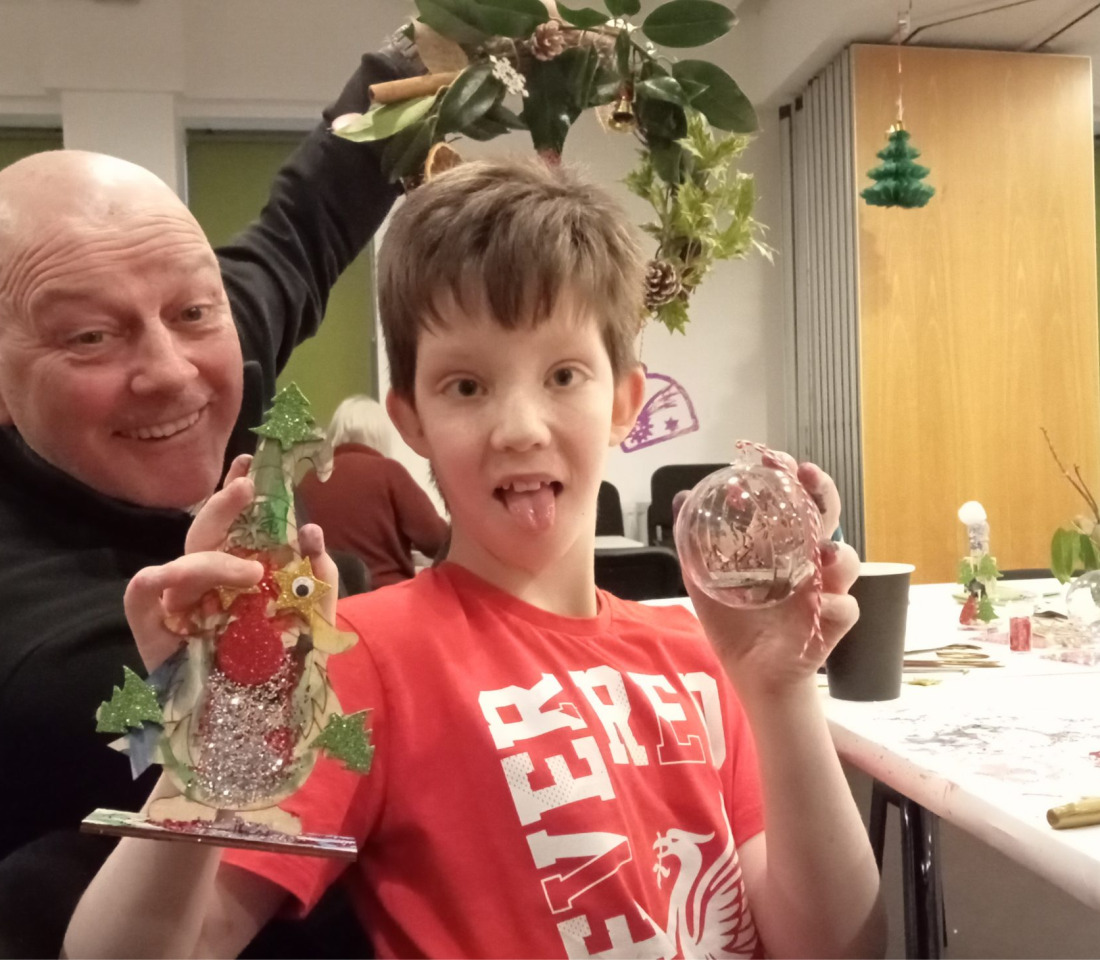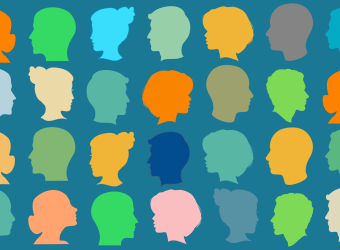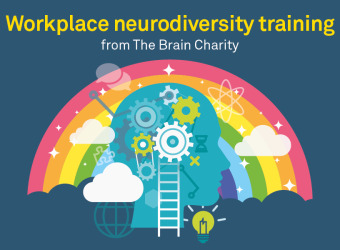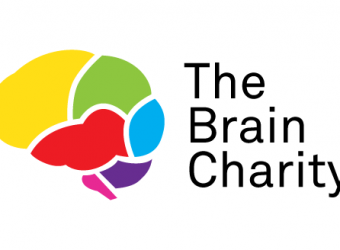
Neurodiversity in the criminal justice system: helping prisoners with neurological conditions get extra support
Neurodivergent people are more likely to be in prison and more likely to reoffend, research suggests
The Brain Charity is calling on people who have been involved in the criminal justice system to share their views – to help prisoners with neurological conditions get extra support.
We are working with the Merseyside Violence Reduction Partnership on new research to help neurodiversity be taken into account when working with prisoners.
Neurodivergent people more likely to be in prison and more likely to reoffend
Studies have shown UK prison populations are disproportionately made up of people who have neurological conditions including brain injury, ADHD, autism and learning disabilities, revealing the need for greater awareness and understanding of neurodiversity within the system.
The Disabilities Trust Foundation’s research estimates nearly half of all male prisoners (47%) have a history of traumatic brain injury (TBI).
Over the last decade or more, a number of studies have reported that people with neurological conditions are more likely to end up in prison and get trapped in a cycle of reoffending.
Barriers for prisoners with neurological conditions
They are more likely to face barriers during their experience, such as understanding information given, receiving a diagnosis and getting support and treatment for health needs.
A spokesperson for The Brain Charity, said: “At the moment, there is not enough specialist support for people with neurological conditions within the criminal justice system – despite their numbers among the prisoner population being disproportionately higher than the national average.
“Treatment and support to stop individuals reoffending should be tailored to neurological condition – a prisoner with a brain injury should be treated differently to someone who has experienced trauma.”
Low levels of awareness of neurodiversity
User Voice, a charity run by people with lived experience of the criminal justice system, interviewed 118 prisoners with neurological conditions for their 2021 report “Neuro… What?” Neurodiversity in the Criminal Justice System.

Most had never heard of the term neurodiversity, were never screened for neurological conditions and had never been offered any adjustments to support their neurological needs.
The Brain Charity’s Another Sign project will aim to inform and make recommendations about how to meet the needs of people with a neurological condition throughout the criminal justice process.
This includes dealing with the police, at the point of arrest, going to court, during prison stays and through the probation service.
Our spokesperson added: “We hope our Another Sign project will help change the system, by encouraging professionals to listen and look closer for the signs of neurodivergence.
“We want to ensure neurodiversity is recognised, and support identified, as early as possible – while equipping staff with the tools and support they need to bring about positive change and rehabilitation.
“We are really excited to be able to better support prisoners with neurological conditions and their needs.”
The Brain Charity provides neurodiversity training to organisations who work with offenders or with people at risk of becoming offenders. To find out more about our CJS neurodiversity training please visit this page.
Categories: Neurodiversity, News
Published: 14 March 2022














